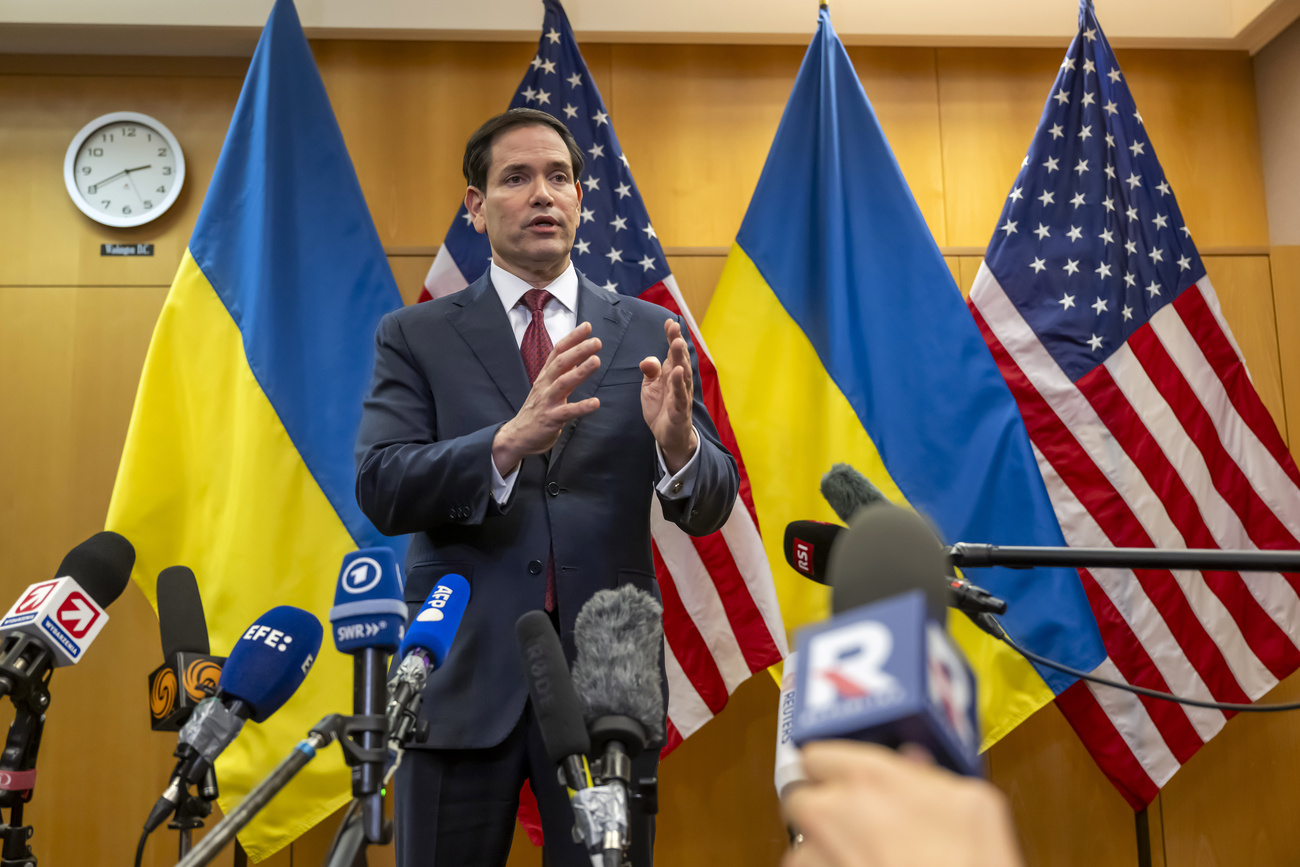
SNB’s Schlegel Warns Against Kneejerk Rate Moves on Negative Price Data
(Bloomberg) —
The Swiss National Bank doesn’t need to react to every monthly inflation reading even if it turns out to be negative, President Martin Schlegel said.
Speaking in Basel on Tuesday, the central bank chief said that policymakers will avoid letting specific statistical reports distract them from their goal.
“We are not guided by individual inflation data,” Schlegel said. “Even negative inflation figures cannot be ruled out in the coming months. The SNB does not necessarily have to react to this. Our focus is not on the current rate of inflation, but rather on price stability over the medium term.”
The SNB chief spoke less than four weeks before the next quarterly decision, where officials are expected to cut borrowing costs by another quarter point. That would end a period of positive monetary policy to bring bring the interest rate to 0% — the lowest in almost three years.
Schlegel has previously highlighted that while nobody likes negative rates, they do work, suggesting the central bank would go sub-zero if needed. That doesn’t appear imminent for now, with only a handful of SNB watchers anticipating such a move this year.
Very low Swiss inflation is to blame for the SNB’s rate-cutting aggression: the measure of annual consumer-price gains was at zero in April. Data for May are due next Tuesday.
“The downside risks we touted at the last rate decision have materialized to a certain extent,” Schlegel said, referring to inflation.
Economists recently lowered their inflation predictions for every remaining quarter of this year, anticipating average readings of just 0.1%, 0.2% and 0.4% in each period.
That’s likely to leave the annual number for 2025 at 0.4%, according to the most recent central-bank forecast, an outlook analysts concur with.
One of the reasons for such weak price pressures is Switzerland’s strong currency, which weighs on inflation by making imports cheaper.
Schlegel said that officials “are seeing a certain easing in the franc’s exchange rate,” but that they’re not targeting a specific level.
In the past, the SNB intervened to temper any overvaluation, though the central bank has now largely stayed out of currency markets.
Even so, Schlegel insisted that officials can’t exclude directly acting to cap gains in the franc.
While the SNB policy rate is the main instrument, its strategy also envisages additional measures, such as foreign-exchange market interventions, he said, highlighting that the central bank always weigh costs and benefits.
©2025 Bloomberg L.P.



























